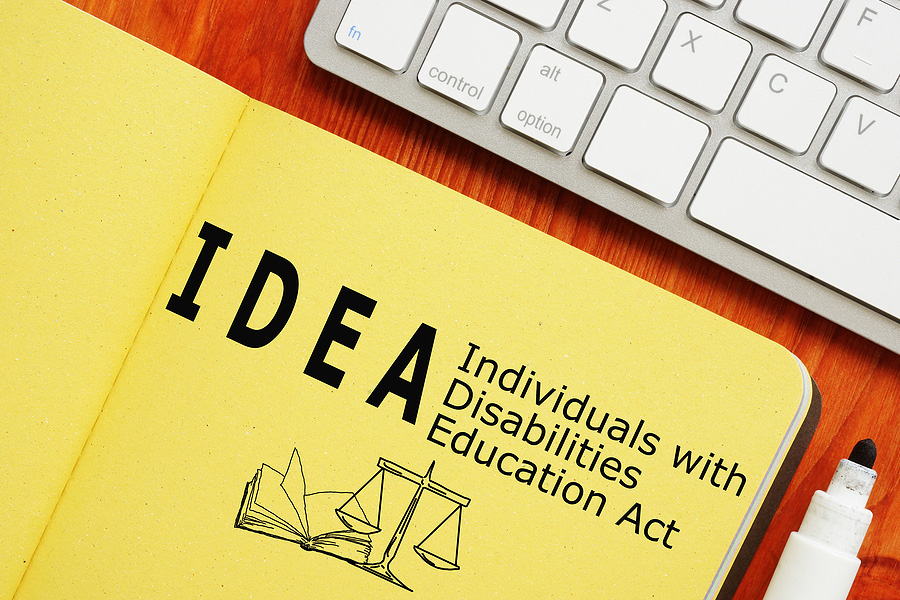by Girasol Margain, IMH-E (I) Special Education Advocate and Trainer
Under the Individuals with Disabilities Education Act (IDEA), there is something called “procedural safeguards.” These are legal protections that protect you the parent and your child during the evaluation and during the IEP process. The school must provide parents with the written explanation of your rights under IDEA. They don’t necessarily state how or what the services should look like in the IEP. Instead, it describes the standards of how you will work together with the school.
Here are some important tips about the safeguards to keep in mind.
- Notice of Procedural safeguards – The school must provide parents with a written explanation of their rights under both IDEA and TX state laws. You will receive this as a printed copy of procedural safeguards notice. Parents can request a verbal explanation if needed.
- Active parent participation – Parents have a legal right to actively participate in meetings regarding their child’s education. That includes requesting an IEP meeting at any time.
- Access to school records – Parents have the right to review and request an explanation of their child’s school records and even request corrections to be made if necessary. These rights are protected by the Individuals with Disabilities Education Act (IDEA) and the Family Educational Rights and Privacy Act (FERPA).
- Confidentiality of information – The school must protect your child’s personal information. Though, there are some exceptions.
- Informed consent- Prior to the school evaluating your child for special education services for the first time, the school must inform the parent of what the evaluation consists of. Parent must give written consent to allow the evaluation to begin.
- Prior written notice – The school must provide written notice prior to any changes in your child’s special education services. Adding or denying services as well as what they are proposing and the reason why.
- Understandable language – When the school provides written notice, it must be in the language that is understandable to the parent to include their native language.
We encourage parents to take an active role in understanding their rights under the Individuals with Disabilities Education Act and contacting Brighton Center for advocacy support.
https://framework.esc18.net/display/Webforms/ESC18-FW-LandingPage.aspx
















